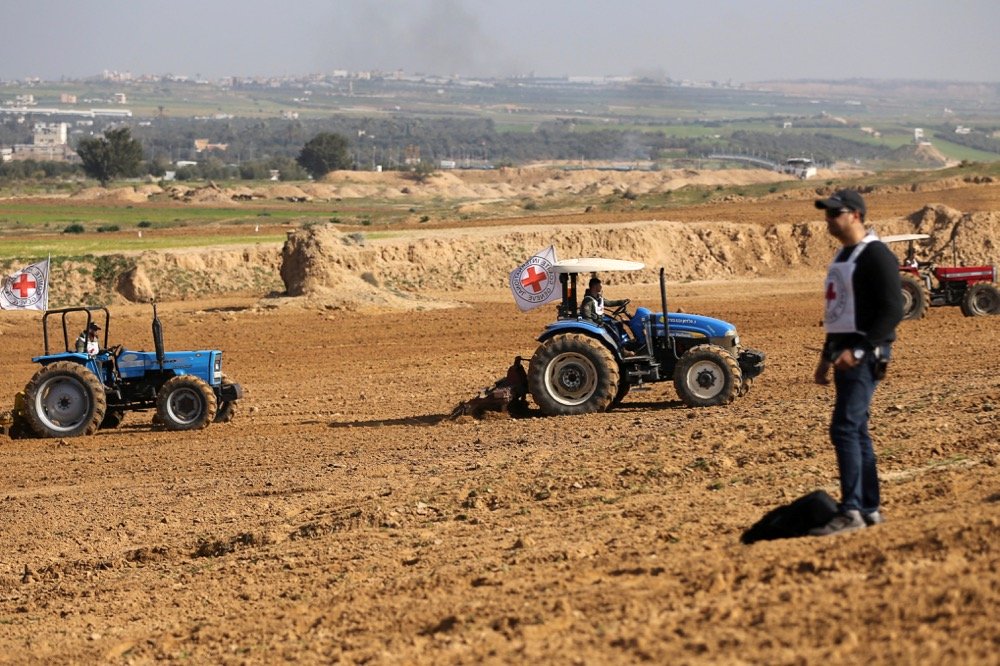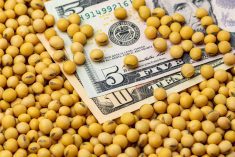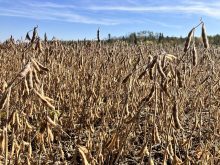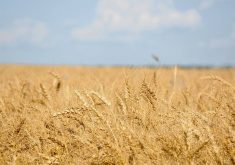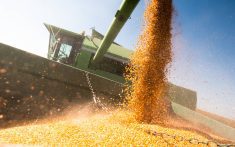Gaza | Reuters — Returning to his fields for the first time in 14 years, Palestinian farmer Naser Abu Isaeed surveyed the toll taken by conflict on formerly productive soil.
“I saw an empty area full of holes and dry weeds,” said Abu Isaeed, who once grew fruit on the tracts along Gaza’s volatile border with Israel.
He is one of about 600 Palestinian farmers who regained access to their fields along the border to cultivate crops under a project launched by the International Committee of the Red Cross.
Read Also
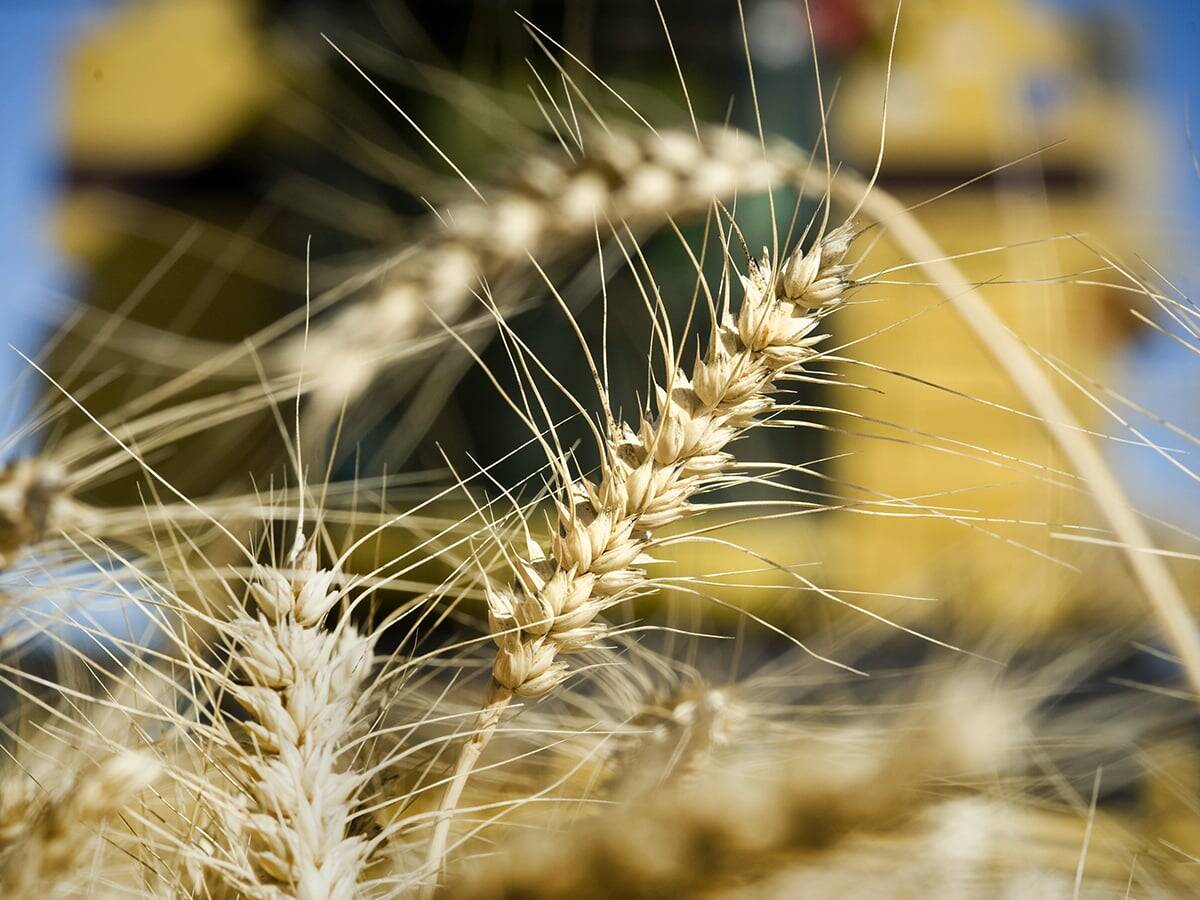
Wheat breeding system no longer works, Canadian Wheat Research Coalition report says
A Canadian Wheat Research Coalition report, published Feb. 26, says the status quo is not an option for Canada’s wheat breeding system. It must be transformed, by farmers.
Citing security concerns, Israel has for years designated a strip, between 100 and 300 metres wide, along its 40-km-long fence at the frontier as off-limits to Palestinians in Gaza, an enclave ruled by the Hamas militant group.
Palestinians say the policy has deprived them of large areas of farmland, cut into livelihoods and reduced the space available to the densely-populated strip’s two million residents.
Under the ICRC project, launched in 2015, members of the Hamas-led Interior Ministry have cleared unexploded ordnance and other war material from 40 per cent of the 2,500 acres that make up the borderlands in that tract.
Abu Isaeed was one of 90 farmers whose lands were being rehabilitated by ICRC in the project’s third phase which began last August and will end with the harvest in May. In all, the ICRC said some 580 farmers have regained access to their land.
Fields were plowed, fertilized and sown with wheat by ICRC-employed workers as part of the endeavour, organized in co-operation with Israeli authorities, Gaza’s agriculture ministry, local municipalities and farmers’ committees.
“We risk death every time we enter the land,” said Serhey Abu Mandeel, 71, noting its proximity to the border, which is closely monitored by the Israeli military. He and his family owned 12 acres planted with peas, soybeans, wheat and lentils.
Like other Palestinian farmers, Abu Mandeel complained that herbicides sprayed by crop dusters inside Israel were being carried by winds across the border into Gaza and harming fields there.
Farmers said the herbicides have killed their crops. Gaza’s agriculture ministry put their losses at US$1.25 million since last December.
“We believe there should be a balance between security concerns and the impact of the herbicides on public health, the environment and the livelihoods of local people,” Gaza ICRC spokeswoman Suhair Zakkout told Reuters, adding they were in discussion with Israel over the issue.
— Reporting for Reuters by Nidal al-Mughrabi.


